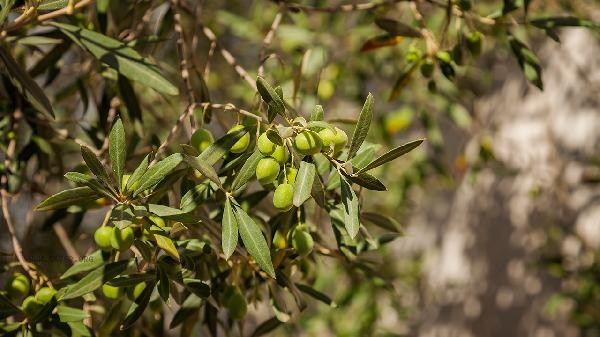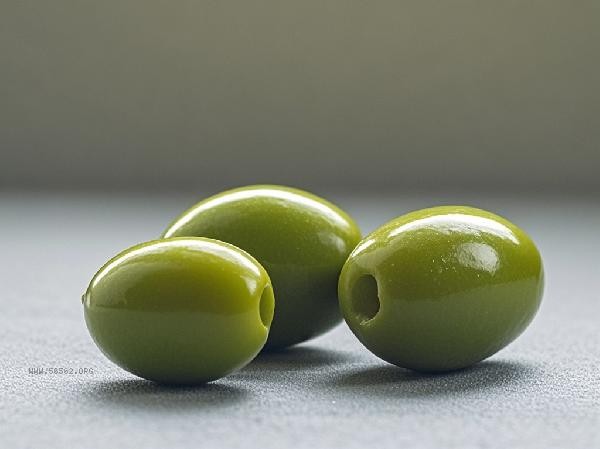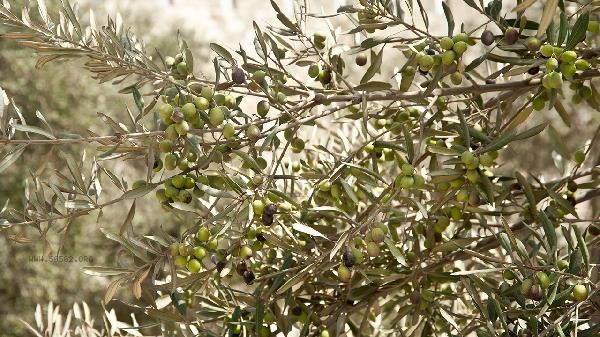Individuals with yin deficiency and excessive fire, edema, hypertension, pregnant women, and those allergic to licorice should not consume licorice olives. Although licorice olive is a traditional candied fruit, the licorice ingredient may aggravate the retention of water and sodium in the body or stimulate the mucous membrane, so it should be carefully selected according to the constitution.

1. Yin deficiency and excessive fire
Yin deficiency and excessive fire often cause symptoms such as dry mouth and tongue, hot flashes, and night sweats. Licorice has a warm and sweet taste, which may promote internal deficiency fire. This group of people is prone to discomfort such as sore throat and gum bleeding after consumption. Traditional Chinese medicine suggests using nourishing herbs such as Ophiopogon japonicus and Polygonatum sibiricum to regulate yin, and avoiding warm and nourishing foods.
2. Edema patients
Glycyrrhizic acid in licorice promotes sodium ion retention and exacerbates edema symptoms. Patients with cardiogenic or renal edema should be particularly vigilant, as long-term intake may cause blood pressure fluctuations. This group of people is more suitable for consuming water beneficial ingredients such as winter melon and adzuki beans.
3. Hypertensive patients
The licorice component in licorice olives can cause pseudo aldosteronism, leading to a decrease in blood potassium and an increase in blood pressure. People who need to take antihypertensive drugs for a long time should avoid them to prevent interference with the effectiveness of the medication. Suggest choosing low salt snacks such as plain nuts as a substitute.

4. Pregnant women
Excessive intake of licorice by pregnant women may affect fetal development and increase the risk of premature birth. The active ingredients in licorice may affect hormone levels through the placenta. Pregnant women should choose fresh fruits as snacks, such as low sugar fruits like apples and blueberries.
5. People who are allergic to licorice
may experience allergic reactions such as skin itching and respiratory edema after consuming licorice. This group of people should carefully check the food ingredient list and avoid processed foods containing licorice extract. During allergic attacks, antihistamines such as loratadine tablets can be used according to medical advice. Healthy individuals should also control their daily intake of 10-15 grams of licorice olives and avoid consuming them on an empty stomach. If symptoms such as palpitations and dizziness occur after consumption, it should be stopped immediately. It is recommended to pair with chrysanthemum tea or green tea to neutralize the warm and dry nature of licorice. When storing, it should be sealed and moisture-proof to prevent sugar analysis from affecting the taste. Individuals with special constitutions can consult traditional Chinese medicine practitioners for constitution identification before choosing snacks.










Comments (0)
Leave a Comment
No comments yet
Be the first to share your thoughts!